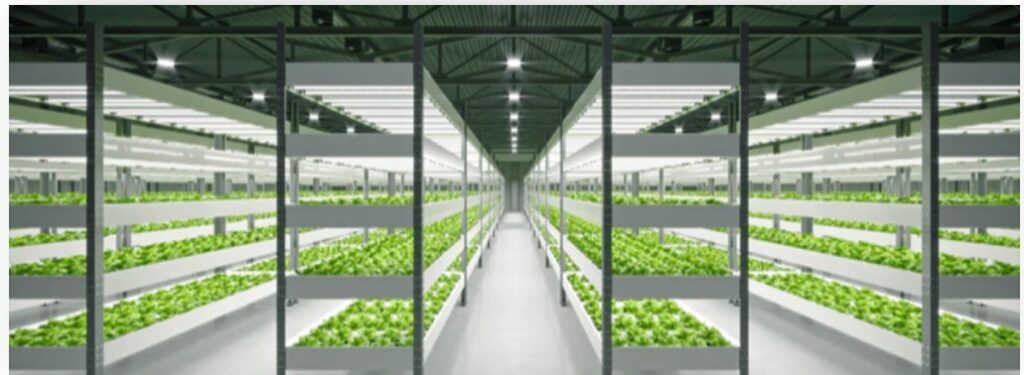 products is through vertical farming and hydroponic systems. Farming above and below ground in controlled environments using CTS growing containers is, according to Brown, ‘the safest and most environmentally friendly option to allow us to scale up soy production and provide the Impossible Burger to consumers. “
products is through vertical farming and hydroponic systems. Farming above and below ground in controlled environments using CTS growing containers is, according to Brown, ‘the safest and most environmentally friendly option to allow us to scale up soy production and provide the Impossible Burger to consumers. “